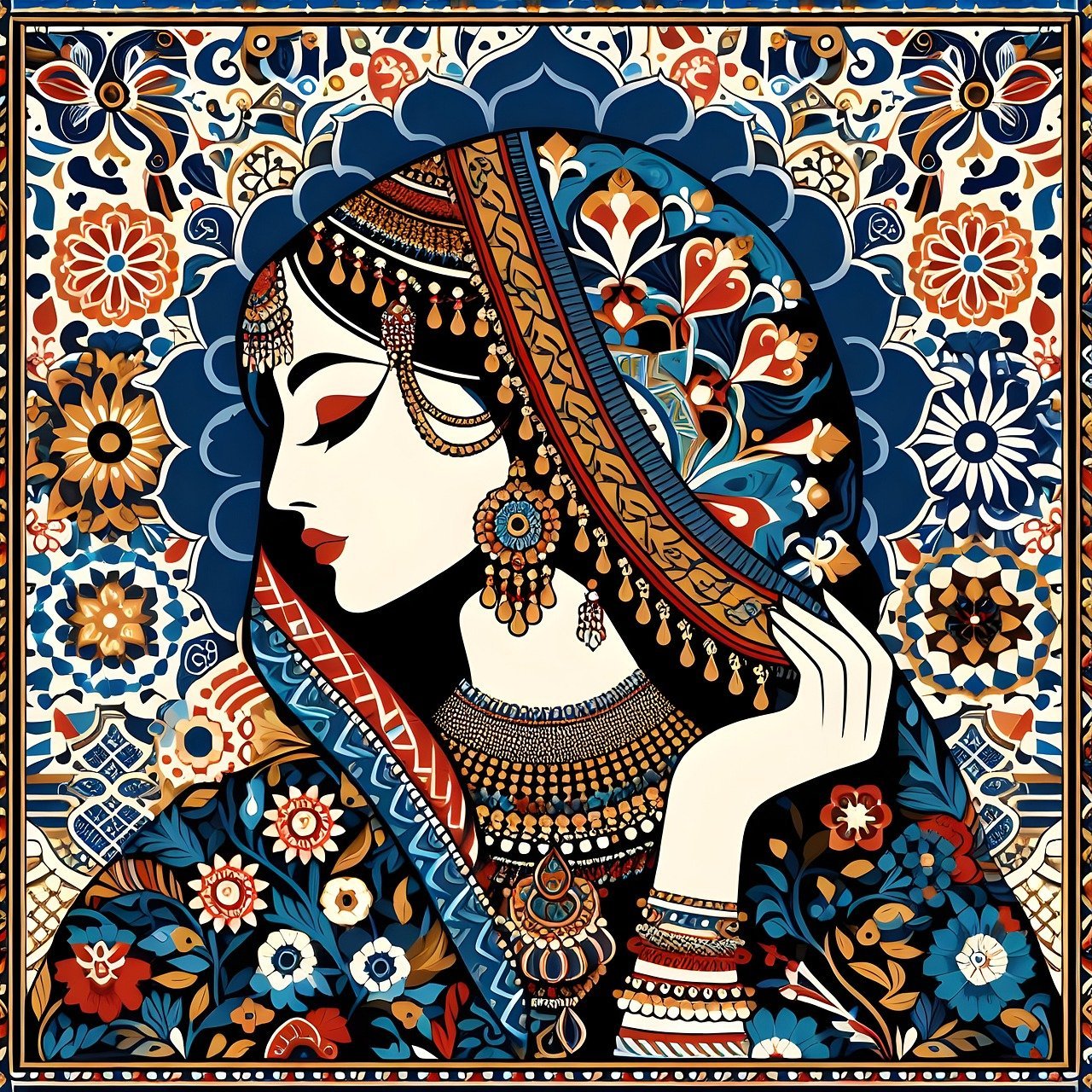The Cannes Film Festival has always been a prestigious event in the film industry. This year, it reached new heights, especially for women filmmakers and actresses. The festival showcased an impressive array of films directed by women. Many talented actresses also received significant recognition for their roles.

This year, Cannes had a remarkable number of films directed by women. The festival’s lineup included 21 feature films directed by women. This is a notable increase compared to previous years. These films covered a wide range of genres and topics. From intense dramas to light-hearted comedies, women filmmakers brought diverse stories to the screen.
One of the standout films was directed by Céline Sciamma. Her film, “Portrait of a Lady on Fire,” received critical acclaim. It tells the story of a forbidden affair between two women in the 18th century. The film’s beautiful cinematography and emotional depth captivated audiences. Sciamma’s work was praised for its sensitivity and artistic vision.
Another highlight was Mati Diop’s film, “Atlantics.” This film tells the story of a young woman in Senegal dealing with loss and love. Diop became the first black woman director to compete for the Palme d’Or, Cannes’ highest prize. “Atlantics” won the Grand Prix, the festival’s second-highest award. This victory was a significant moment for diversity and representation in cinema.
Recognition for Female Actresses
Actresses also shone brightly at Cannes this year. Many received awards and high praise for their performances. One notable actress was Emily Beecham, who won the Best Actress award. She starred in “Little Joe,” a science fiction film about a plant with unusual effects on humans. Beecham’s portrayal of a dedicated scientist grappling with moral dilemmas was compelling and nuanced.
Another powerful performance came from Noémie Merlant in “Portrait of a Lady on Fire.” Her portrayal of an artist commissioned to paint a young woman’s portrait was both intense and tender. Merlant’s chemistry with her co-star, Adèle Haenel, added to the film’s emotional impact. Haenel’s performance was equally strong, making their on-screen relationship believable and poignant.
Women Behind the Scenes
Cannes also celebrated women working behind the scenes in various capacities. Many women contributed as producers, writers, and technical crew members. Their hard work and dedication were crucial to the success of many films showcased at the festival.
For example, Jessica Hausner, the director of “Little Joe,” also co-wrote the screenplay. Her vision for the film was clear and distinct. The film’s eerie atmosphere and thought-provoking narrative stemmed from her unique perspective.
Additionally, women like Claire Mathon, the cinematographer for “Portrait of a Lady on Fire,” were recognized for their exceptional skills. Mathon’s work in the film was stunning. Her ability to capture the natural beauty of the film’s setting and the subtle expressions of the characters added depth to the story.
Cannes’ Commitment to Gender Equality
The Cannes Film Festival has been working towards greater gender equality. This year’s achievements reflect these efforts. The festival signed the 5050×2020 pledge in 2018, committing to gender parity in its selection committees and executive boards by 2020. This year’s lineup shows progress towards that goal.
Thierry Frémaux, the festival’s director, emphasized the importance of inclusion and diversity. He stated that the festival aims to support and promote women in all areas of filmmaking. This commitment is crucial for creating a more balanced and representative film industry.
Impact on the Film Industry
The recognition of women filmmakers and actresses at Cannes has a significant impact. It encourages other film festivals and institutions to prioritize gender equality. When prestigious events like Cannes celebrate women’s contributions, it sets a positive example for the entire industry.
Moreover, it inspires young women who aspire to work in film. Seeing successful women at Cannes can motivate them to pursue their dreams. It shows that their voices and stories are valuable and deserving of a platform.
Audience Reception
The audience at Cannes responded positively to the films directed by women. Many praised the fresh perspectives and unique storytelling approaches. These films often explored themes of identity, relationships, and societal norms from a female perspective. This diversity of viewpoints enriched the festival’s offerings and provided audiences with a broader understanding of different experiences.
Looking Forward
The success of women at this year’s Cannes Film Festival is a step in the right direction. However, there is still much work to be done. The film industry must continue to support and promote women filmmakers and actresses. Providing them with opportunities and resources is essential for achieving true equality.
In the future, it will be important to see even more women in prominent roles within the industry. This includes directors, producers, writers, and technical crew members. By creating an inclusive environment, the industry can ensure that diverse stories are told and celebrated.
Conclusion
The Cannes Film Festival reached new heights for women filmmakers and actresses this year. With a strong presence of female-directed films and outstanding performances by actresses, the festival showcased the incredible talent and creativity of women in the industry. The commitment to gender equality and the positive reception of these films highlight the progress being made. However, continued efforts are necessary to build on this momentum and create a truly inclusive and diverse film industry. The success at Cannes serves as an inspiration and a reminder that women’s voices are essential and powerful in the world of cinema.
